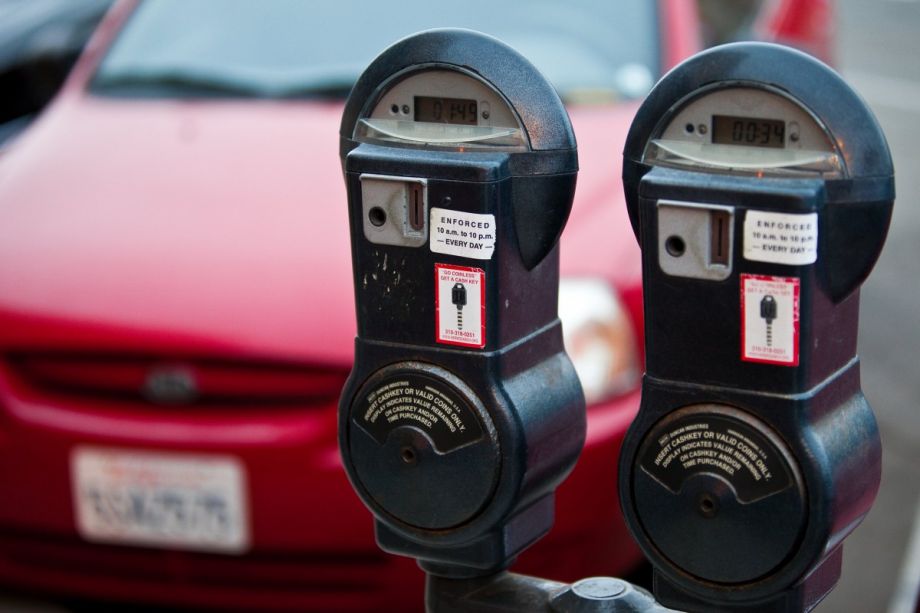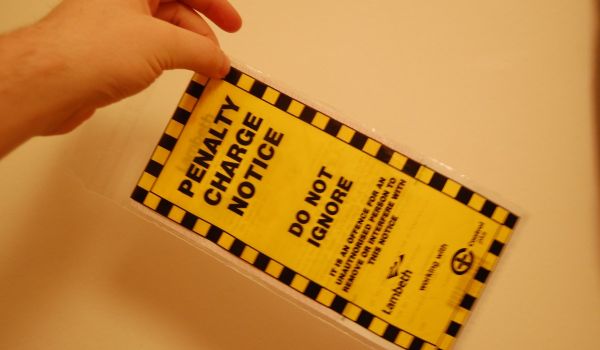We all love our pets, don’t we?
That’s, in part, how Richard Todd, the data analytics lead within Seattle’s Innovation and Performance team, described the appeal of one of his team’s earliest projects.
In Seattle, all pet cats and dogs (and goats and pot bellied pigs) must be licensed. But about 2 out of every 5 pet owners let their licenses (the fees from which fund the Seattle Animal Shelter) expire and don’t renew them. Addressing those expired licenses was a feel-good, low hanging fruit for Todd’s vision of bringing behavioral economics — the practice of pairing economics with decision-making psychology — to the City of Seattle.
His team deployed a zero-cost trial run of a redesigned pet license renewal mailer that increased renewal rates by 9%. That change could net the city $650,000 in pet license fees each year, and could save pet owners from being hit with a fine.
“Pet licensing was our first delivery for that type of [behavioral economics] project,” Todd says.
Now, Todd’s team has turned their attention to reducing the number of unpaid parking and traffic tickets and, most recently, increasing enrollment in the city’s utility discount program.
New York City’s approach, which has included exploring behavioral economics in the public sector for a few years, came to mind when Todd joined Seattle’s then-nascent performance team in 2017.
“We had a pretty broad remit to try and improve the city’s use of data in operations and decision making. [Behavioral economics] was one of the ways we quickly identified a workstream within that,” Todd says.
The team’s work to address unpaid parking and traffic tickets began in 2018. Todd’s team found that of the roughly 600,000 parking and traffic camera citations the court issued in 2016, roughly 40% of those citations led to defaults while roughly 25% went to debt collection agencies.
“They know that’s not a great outcome for the city — it’s not revenue generative, but it’s also a poor outcome for drivers,” he says. “Fines and fees can quite quickly escalate on a relatively small ticket. It was one of those things where the court came to us and was really excited to see how we could help.”
Ultimately they very much did help by designing two new communications sent to people who have received parking or traffic tickets.
The original mailer was covered in several paragraphs of thick text.
Todd’s new mailer places the call to action (paying the ticket) front and center, it outlines what one should do if they can’t pay, and clearly states how to go about paying the ticket, all in significantly fewer words. Plus, it includes the line: “Most drivers in Seattle pay their tickets on time.” This uses the innate desire that people have to keep pace with social norms — ie, broadly socially-acceptable behavior — to motivate people to pay on time because their fellow Seattleites do.
Finally, Todd’s team designed a new, second reminder that the court began sending out nine days before default would occur that tells recipients how to pay their bill in order to avoid a late fee.
These small changes resulted in a 13% reduction in the likelihood of drivers defaulting on their traffic debt defaulting and a 9% reduction in the likelihood of tickets ending up in debt collection. Carried forward, these changes are projected to lead to about 22,000 drivers annually – including around 8,000 people of color each year – avoiding debt collection.
Behavioral economics certainly isn’t a panacea. Mailer redesign doesn’t solve the underlying issue of whether or not people can afford their tickets in the first place. Even with Todd’s interventions, roughly 150,000 tickets are still going unpaid each year. Behavioral economics does, however, make it easier for those who can and want to pay to do so.
We’ve all been confronted with tasks that are just so overwhelming and complicated that we just set them aside, only to see days or weeks pass before they finally get done.
What behavioral economics can do — and what it has done in Seattle — is make it easier for people to act swiftly on their intention or ability to pay through quick-acting, low cost changes that provide information in a way that trials show works.
Todd’s team has since turned their efforts toward increasing enrollment in the city’s utilities discount program that, in part, saw low enrollment because of a complicated sign-up process. Like many things, that got a bit derailed by COVID. The multiple tests that Todd had planned went out the window. Once COVID hit and people began struggling even more to pay their bills, the new approach he had tested just once was rolled out to the whole city before the other trials could be conducted.
“Our control group disappeared,” he says, “but that’s fine. We moved to this new model and we saw 5,000 families immediately take up the offer.”
This article is part of The Clean Slate, a series about how cities can use technology and policy to eliminate unjust fines, fees, and other barriers to economic mobility. The Clean Slate is generously supported by the Solutions Journalism Network.

Cinnamon Janzer is a freelance journalist based in Minneapolis. Her work has appeared in National Geographic, U.S. News & World Report, Rewire.news, and more. She holds an MA in Social Design, with a specialization in intervention design, from the Maryland Institute College of Art and a BA in Cultural Anthropology and Fine Art from the University of Minnesota, Twin Cities.
Follow Cinnamon .(JavaScript must be enabled to view this email address)
















